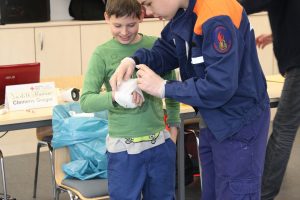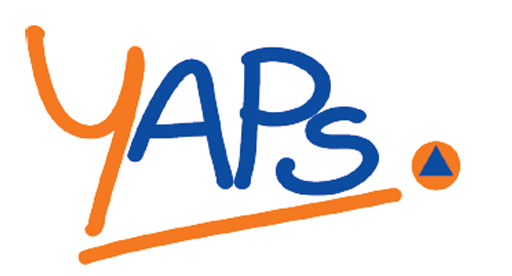
Why?
- In most European countries the knowledge regarding measures taken in self-help and self-protection is very poor.
- An effective and proactive education programme should be provided across all levels of the population.
- Young people require a special approach, as they need to be addressed in a different manner than adults.
- It is important and useful to raise young people’s awareness towards possible dangers in everyday life.
- In doing so, they will learn very fast how to protect themselves against potential threats.
- Most accidents can be avoided by prevention through effective education and training.
Our Objectives Are
- To make young people’s environment safer.
- To raise their awareness towards possible dangers in everyday life.
- To develop plans for education and advanced training for young people.
- To introduce young people’s requirements to emergency, disaster, preparedness and prevention programmes.
- To look at existing structures and procedures in participating organisations and countries.
- To identify and compile best-practice examples in the participating countries for a possible implementation in other EU Member States later on.
Actions
- Evaluation of the current educational infrastructure in regards to special topics for the target audience will be accomplished.
- Risk analysis of the main hazards and threats in daily life will be conducted to identify the main potential threats.
- Existing systems for education and advanced training for young people will be further developed. New training material will be created.
- Computer games and educational material for use in young people’s education and training will be developed and distributed.
- Train-of-trainers-workshops within the partner countries will be conducted.
- Guidance for emergency and disaster response staff will be developed to promote the needs of young people.
Outcome – Expected results
- Availability of the products after the end of the project.
- Trained trainers will continue to train other persons (members of GOs/NGOs, students, teachers,etc.).
- Trained students will pass their knowledge to other persons in their surroundings and networks
- Involved organisations will use the products to continue training within their countries.
- Other countries are able to use the results of the project (English master version).
- Know-how will be implemented into the partners‘ work on disaster management.
